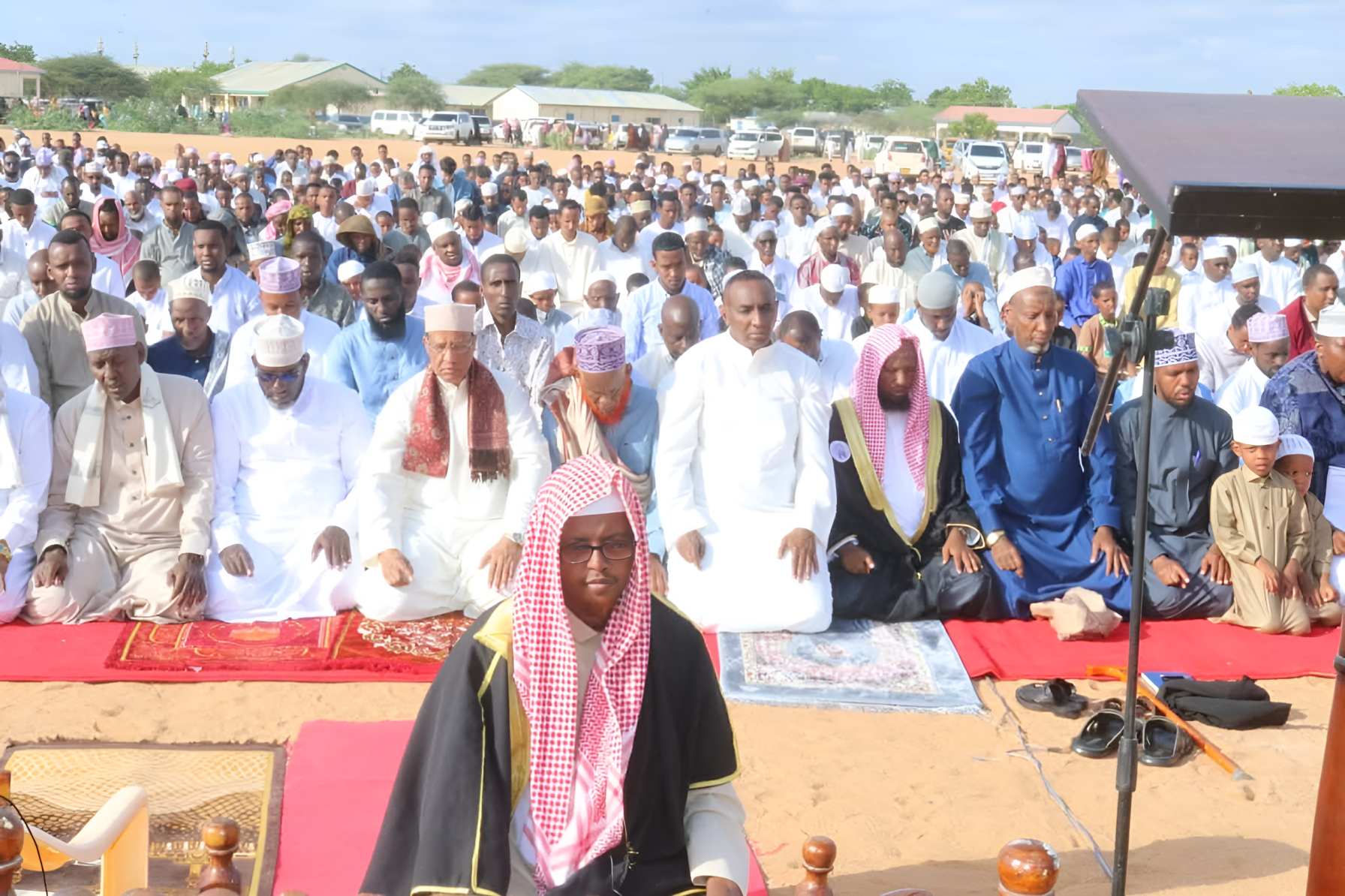Judiciary seeks five new Kadhis to boost justice delivery

Kadhi Courts are a distinctive and essential feature of Kenya’s judicial system, enshrined in Article 170 of the Constitution of Kenya.
The Judiciary has announced the recruitment of new Kadhis to strengthen its capacity and enhance the administration of justice in the country.
Kadhi Courts are a distinctive and essential feature of Kenya’s judicial system, enshrined in Article 170 of the Constitution of Kenya.
These courts provide a platform for the application of Muslim personal law.
It deals specifically with matters relating to marriage, divorce, inheritance, and personal status.
And this is only when all parties involved are Muslims and submit willingly to the jurisdiction of the Kadhi Court.
The Judicial Service Commission (JSC) on Monday announced the vacancies of five positions for Resident Kadhis.
The Commission is mandated to promote and safeguard the independence and accountability of the Judiciary while ensuring efficient, effective, and transparent justice delivery.
The Commission emphasized that all applications must be submitted no later than June 30, 2025, at 5:00 p.m.
“The JSC has also reiterated that the recruitment process is free of charge and strictly merit-based, warning against any form of canvassing, which will lead to disqualification,” read part of the advertisement statement.
The recruitment drive comes at a crucial time when the Judiciary is under pressure to reduce case backlogs, improve efficiency, and strengthen its human resource capacity across the country.
Kenya is a secular state that respects freedom of religion.
The establishment and operation of Kadhi Courts under the 2010 constitution aims to strengthen religious pluralism and judicial inclusivity.
The courts function parallel to the mainstream judicial system and handle cases strictly within the bounds of Islamic law (Sharia).
As of 2025, Kenya has 14 stand-alone Kadhi Courts, with others co-located within Magistrates Courts across the country.
The Chief Kadhi, based in Mombasa, leads the institution, assisted by a Deputy Chief Kadhi in Nairobi and several Principal Kadhi I and Kadhi II officers stationed across the country.
Kadhi Courts operate under a limited jurisdiction. It does not handle criminal cases and matters outside Muslims.
The jurisdiction is strictly voluntary and confined to Muslims who seek resolution within the principles of Islamic jurisprudence.
This ensures both freedom of religion and legal consistency with Kenya’s constitutional values.
The Kadhi Courts are a symbol of inclusive governance and legal pluralism in the country’s democratic and judicial journey.
Muslims in Kenya form a vibrant and diverse community, comprising about 12% of the population, according to national statistics.
They are predominantly found along the coastal regions such as Mombasa, Lamu, and Kilifi, and in the northeastern counties, including Garissa, Wajir, and Mandera.
Kenyan Muslims belong to various ethnic backgrounds, including Somali, Arab, and Asian communities, and practice Islam with deep cultural integration.
A significant Muslim population also resides in urban centers, bringing together people from diverse backgrounds, including converts from tribes such as the Kikuyu, Luhya, and Luo in Nairobi, Nakuru, Kakamega, Eldoret, and Kisumu.
They actively contribute to national life through education, business, politics, and civil society.
